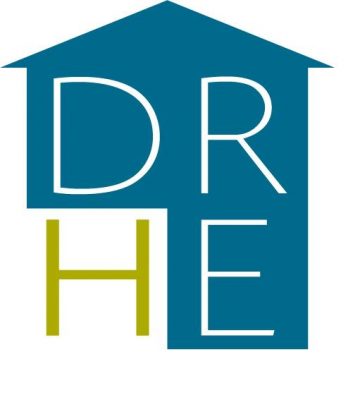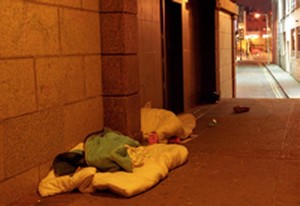
By Ann Marie Foley - 03 April, 2019

One in five of the families presenting as newly homeless last year were non-EU citizens. That is according to the Dublin Region Homeless Executive (DRHE), which presented its *draft Homeless Action Plan Framework for Dublin 2019–2022 to Dublin City Council on Monday (1 April 2019), highlighting that it needed State guidance on what these families are entitled to and how to support them.
The DRHE stated that 21 per cent of the new families presenting as homeless last year were non-EU citizens, while 67 per cent were Irish and 12 per cent were from other EU countries.
This is an issue that the Immigrant Council of Ireland (ICI) has already highlighted, stating that greater attention must be paid to the needs of non-EU migrants, “including addressing structural inequality, improving data collection and proactive efforts to overcome challenges they face”.
The draft Homeless Action Plan Framework for Dublin 2019–2022 stated that non-EU families present a “significant challenge”, as some are here illegally or awaiting residency status, and there is a lack of clarity over their entitlement to housing and support services.
“This presents a different challenge to the DRHE in terms of policies and service responses,” states the plan, which also cautions about Brexit. “The evidence is that this category of need is growing. The Brexit resolution may impact here as well in the coming period.”
The report called for a new policy and protocol to be drawn up between State agencies so that the needs of this group can be addressed.
Commenting on the DRHE plan, ICI stated that “It is so important to be careful with language – just because a family is non-EU does not mean they don’t have legal status or housing rights. Everyone has a right to shelter.”
ICI also stated that it wrote to Minister Murphy back in November 2017, asking his department to publish ethnicity and nationality data to ensure the State is developing responsive, appropriate services for all homeless people in Ireland, whatever their nationality. “This has not happened – and today’s report shows how desperately it is needed,” stated ICI.
The DRHE plan also highlighted that there is an emerging homeless population of people under the age of 40. While families have been seen as the major need, some 54 per cent of homeless people in the Dublin region are single and without children. This is a “major challenge”, as there is a limited supply of one-bed units of accommodation.
The plan stated that during 2018 on average each month 92 new families presented as homeless. Twenty-two family hubs have been developed in 2017/2018. Funding provided to the DRHE and the voluntary sector was at €142 million for 2018 compared with €66 million in 2016.
The DRHE stated that rising rent and sale of properties continue to cause homelessness. The lack of a significant increase in housing supplies until 2020, when some housing projects will be completed, means that the scale of homelessness in the Dublin region will continue to grow over the next period and will only reduce when the supply of accommodation has increased significantly.

The DRHE works on behalf of the four Dublin local authorities as the lead agency with responsibility for responding to homelessness across the Dublin region.
Separately last week the total number of people homeless and living in emergency accommodation in Ireland increased to over 10,000 for the first time ever, giving rise to calls for more urgent and effective action from the Irish government and in particular from housing Minister Murphy and his department.
*Homeless Action Plan Framework for Dublin 2019–2022 is a draft and subject to change following consultation before ratification/adoption of the report.